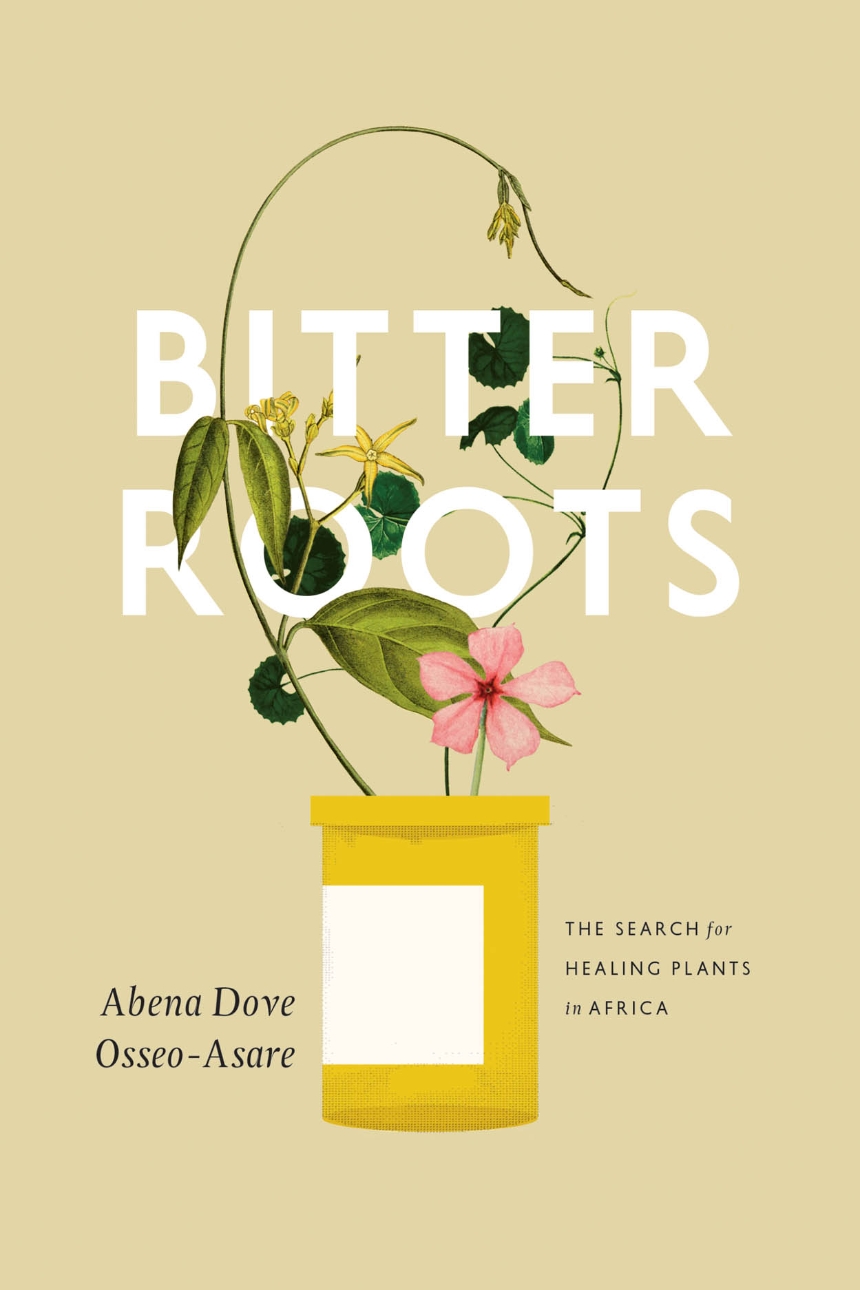Bitter Roots
The Search for Healing Plants in Africa
288 pages | 37 halftones, 1 line drawing, 1 table | 6 x 9 | © 2013
Geography: Cultural and Historical Geography
History: African History
Law and Legal Studies: General Legal Studies
Political Science: Public Policy
Reviews
Table of Contents
1. Take Madagascar Periwinkle for Leukemia and Pennywort for Leprosy
2. Take Grains of Paradise for Love
3. Take Arrow Poisons for the Heart
4. Take Bitter Roots for Malaria
5. Take Kalahari Hoodia for Hunger
Conclusion: Toward Bioprosperity
Acknowledgments
Persons Consulted
Notes
Bibliography
Index
Awards
Choice Magazine: CHOICE Outstanding Academic Title Awards
Won
African Studies Association: Melville J. Herskovits Award
Won
Pacific Coast Branch of the American Historical Association: Pacific Coast Branch Book Award
Won
